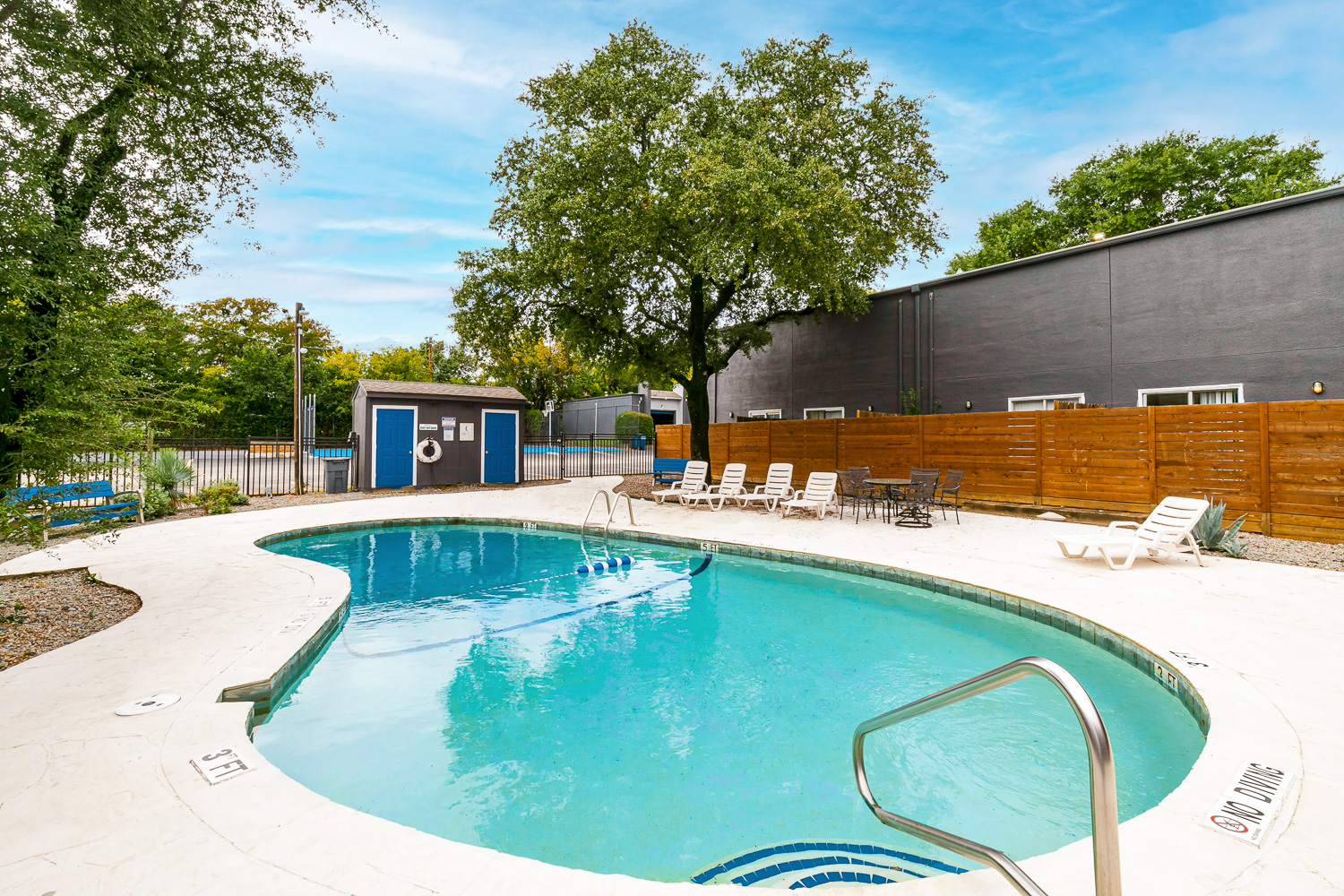When electricity is billed via RUBS, the utility amount of the electricity billed to an individual units depends on the size of the unit as well as the number of occupants. With the kids at home and the high temperatures, the summer months are the months when electricity usage is at its highest.
If the monthly bill gets high enough you will likely receive questions and/or complaints from residents. To help with this we have compiled a list of simple things that can significantly help reduce everyone’s bills not only during the summer but all year long.
IMPORTANT: Do not issue any kind of “utility credit” (or some other credit) to help offset high electricity charges. Doing so could land you and us in a Fair Housing dispute and no one wants that.
All we can do is have them pay down their balance to below $100 (so that they do not accrue additional late charges) and pay that extra $100 next month. But remind them that without their help and action next month’s bill could be almost as much.
Things you and the residents can/should be doing on an on-going basis:
- Always be on the lookout for excessive or unnecessary use of electricity. For example, if you walk into a vacant unit and the thermostat is set below 72F then increase the thermostat. You might not think it but this can actually make a huge difference.
I cringe when I walk into vacant units (at any apartment community) and the thermostat is on it’s lowest setting (often something like 55F). Not only does this consume excessive amounts of electricity for no practical gain, but it also seriously shortens the lifespan of the AC condenser (since it will be running non-stop). - When walking a vacant unit (whether rent-ready or not), make sure that the refrigerator is on a low setting (or possibly turned off altogether). Also make sure that all the blinds are closed.
- Look for any open windows during the heat of the day, then go knock on the resident’s door be sure that their AC is off. Either they have the window open (nice in the Spring and Fall) and AC off, or if they are going to run the AC then they should keep all exterior doors and windows closed. And point out that everyone needs to try and do their bit to help out.
- If we have any in-window AC units, remove them once the main AC in that apartment has been fixed. The in-window AC units should only be a temporary solution if the main AC is not working. After the main AC system is fixed, all window units should be removed (we can keep them in storage for emergency use again). [This is something our lenders notice too.]
- When you are the last person to leave a room or apartment (vacant or occupied) make sure all of the lights and fans are off too. Remind residents to do the same.
- When replacing light bulbs we should be buying LED bulbs instead of CFL, halogen, fluorescent or incandescent. Not only do they consume less electricity when on but they generally last much longer. Refer to the page titled, “LED bulbs” that address where and how to buy LED bulbs in more detail.
- Also look out for any electric cars (or similar devices) that are being charged from the property power supply. Yes, we have had residents do this via a long extension cable from their apartment to their car.
- Resident education: constantly remind residents and the maintenance guys of all of the above things. Every little bit helps.
